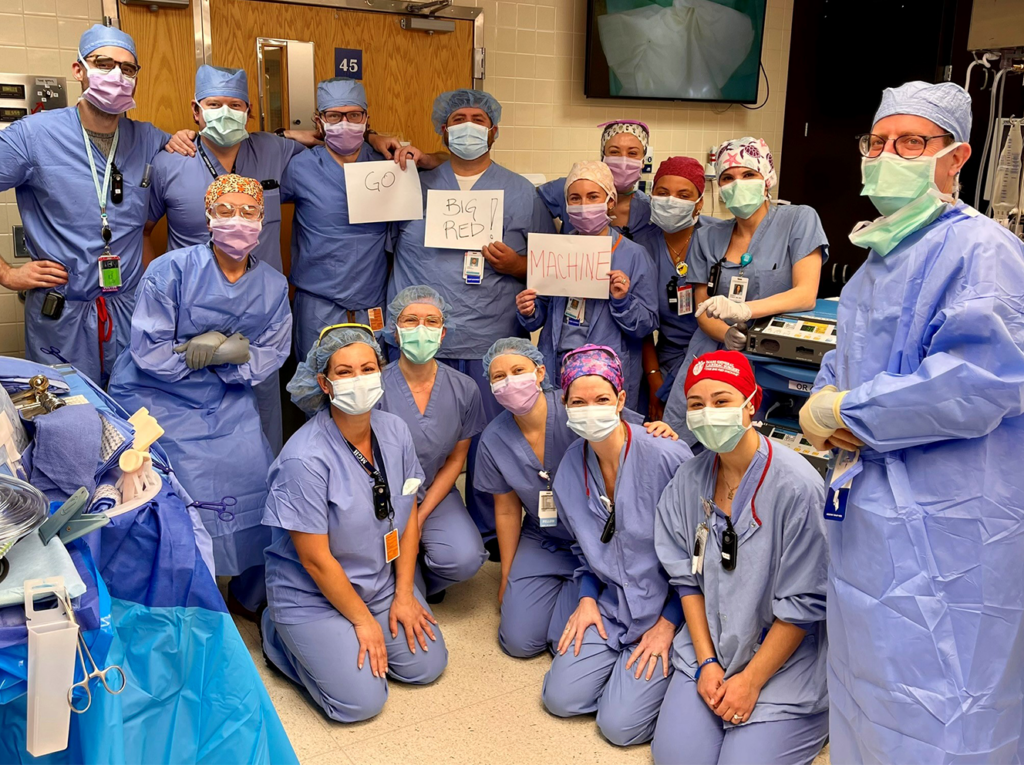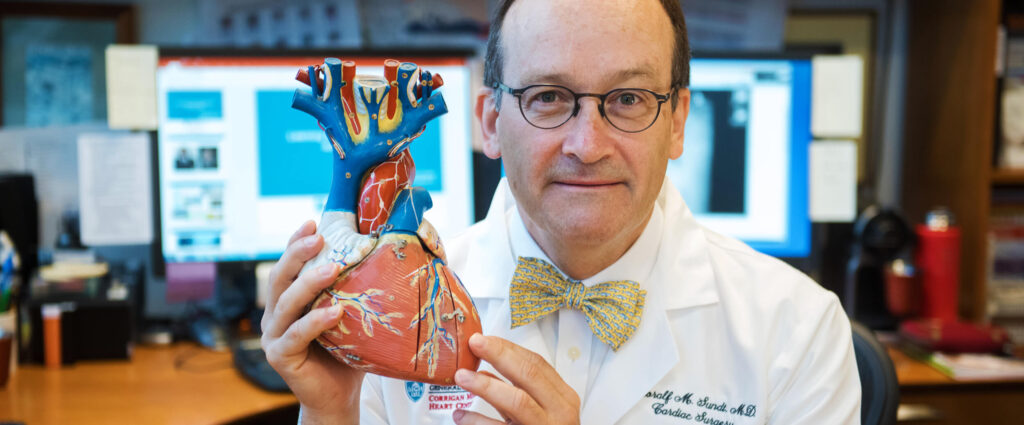When Massachusetts General Hospital cardiologist Malissa Wood, MD, brings up the topic of salt with her patients, they often tell her proudly that they have no salt shaker on their table.

That’s good, says Dr. Wood, co-director of the Corrigan Women’s Heart Health Program at Mass General’s Corrigan Minehan Heart Center. But then she digs a little deeper. “How often do you eat in restaurants?” she asks.
Restaurant food is one of the big sources of hidden salt in food. Salt can raise blood pressure and contribute to heart disease.
Restaurant eating is one of many environmental influences that affect heart health, Dr. Wood says. In their new book Thinfluence, Dr. Wood and co-author Walter C. Willett, MD, of Harvard School of Public Health discuss how your environment, including your surroundings, friends, family and workplace can influence your health.
“Friends, family and workplace can influence your health.”
For example, recent research from the Framingham Heart Study demonstrated that obesity, a major risk factor for heart disease, runs through social networks of close friends and families. The people in close social networks share the same environment and behavioral factors that contribute to obesity. Dr Wood says the same effect can work in your favor if you build an environment and social network that supports healthy living.
Here are some tips from Dr. Wood to help you on your way toward heart-healthy living:
Put Heart Health in Your Environment
- Know that where you spend your time can affect your health.
- Make sure you have clean air to breath, good quality light, and a lack of clutter around you.
- Don’t smoke.
- Build healthy relationships.
- Defuse and disengage from toxic, unhealthy relationships.
- Build a supportive social network.
- Embrace and cherish those around you who are truly supportive.
- Listen well and actively engage.
- Be an agent of change not only for yourself but for your friends and family.
Add Exercise to Your Plan
- Choose activities you can enjoy.
- Find a workout buddy.
- Make a new music playlist to listen to during your workouts.
- Try using a smart phone app to track your exercise.
- When exercising at home, give yourself plenty of space to move around.
- Gather your equipment such as hand weights, jump rope, resistance bands before you begin.
Make Your Workplace Heart Healthy
- Assess how much opportunity you have to move around at work.
- Identify sources of unhealthy snacks in your work area and plan how to avoid them.
- Evaluate the food choices in the cafeteria and look for healthy choices.
For more information, contact the Corrigan Women’s Heart Health Program at Mass General’s Corrigan Minehan Heart Center.
 Dr. Malissa Wood’s current clinical activities include co-directing the Women’s Heart Health Program at Massachusetts General Hospital, serving as director of the Corrigan Fellowship in Cardiovascular Disease in Women and working as an echocardiographer in the Cardiac Ultrasound Laboratory at Mass General. In order to improve the care of women and the understanding of cardiovascular disease in women, Dr. Wood and her colleagues designed and implemented the Corrigan Women’s Heart Health Program in 2007. This clinical model includes the development of individualized care plans for women at risk for or who are suffering from cardiovascular disease. The model also includes development of research and educational components to better understand these conditions and share this information with practicing physicians.
Dr. Malissa Wood’s current clinical activities include co-directing the Women’s Heart Health Program at Massachusetts General Hospital, serving as director of the Corrigan Fellowship in Cardiovascular Disease in Women and working as an echocardiographer in the Cardiac Ultrasound Laboratory at Mass General. In order to improve the care of women and the understanding of cardiovascular disease in women, Dr. Wood and her colleagues designed and implemented the Corrigan Women’s Heart Health Program in 2007. This clinical model includes the development of individualized care plans for women at risk for or who are suffering from cardiovascular disease. The model also includes development of research and educational components to better understand these conditions and share this information with practicing physicians.




